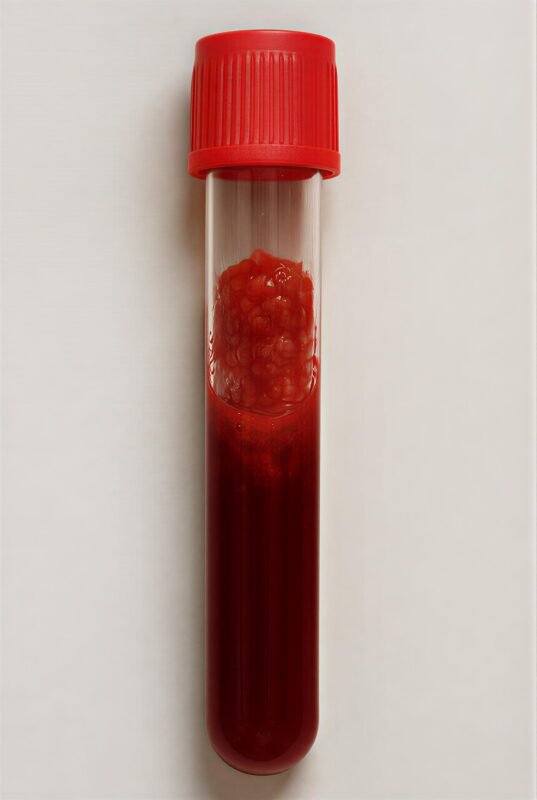
When Winter Fakes Your CBC Results: Cold Agglutinins Explained by Asmaa Adel
Asmaa Adel, Medical Laboratory Specialist in the United Arab Emirates, posted on LinkedIn:
”Cold Agglutinins Phenomenon
As we enter the winter season, keep in mind that Cold Agglutinins can cause falsely low platelet counts – and they can also affect all CBC parameters, giving inaccurate results.
What are Cold Agglutinins?
Cold agglutinins are autoantibodies produced in some autoimmune diseases that attack red blood cells (RBCs), leading to their hemolysis.
This reaction happens only at low temperatures, which is why it’s called a cold antibody reaction.
In contrast, warm antibodies react at normal body temperature.
These reactions can occur inside the body or even after sample collection if the blood is exposed to cold conditions.
Question 1: What is the effect of Cold Agglutinins on CBC values?
- Falsely low RBC count
- Falsely low Platelet count
- False changes in WBC count
- Falsely high MCV and MCH values
Question 2: What should you do if you encounter such a sample?
1. A sample with cold agglutinins is usually easy to recognize – RBCs appear clumped or aggregated along the wall of the tube (similar to a positive ABO agglutination reaction).
– Never run such a sample directly on the analyzer.
2. Before collection, warm all collection materials to 37°C, and keep the sample incubated at 37°C while processing to avoid cold agglutination and ensure accurate results.”

Stay informed with Hemostasis Today.
-
Feb 22, 2026, 14:16Ilenia Calcaterra: From Representation to Intellectual Independence in Women in Science
-
Feb 22, 2026, 13:27Pete Stibbs: New AHA and ACC PE Guidelines Finally Align with Real Clinical Practice
-
Feb 22, 2026, 10:39Tagreed Alkaltham: Fibrinogen Concentrate Is a Deliberate Clinical Choice in Acute Bleeding
-
Feb 22, 2026, 09:38Abdulrahman Nasiri: Significant Shifts In The 2026 AHA/ACC Guidelines for Acute Pulmonary Embolism
-
Feb 22, 2026, 09:22Shiny K. Kajal: Not All Transfusion Reactions Are Immunohematologic Incompatibilities
-
Feb 22, 2026, 09:12Arun V J։ The Hidden Risks in Every Blood Bag
-
Feb 22, 2026, 08:56Parandzem Khachatryan։ How Hard Is It to Be a Mom, a Wife, a Professor, and a Doctor All at Once?
-
Feb 22, 2026, 08:46Anirban Sen Gupta Presents Bioinspired Platelet Surrogates at MTEC
-
Feb 22, 2026, 08:31Heghine Khachatryan: Advancing Care for Women and Girls with Bleeding Disorders is A Matter of Equity

